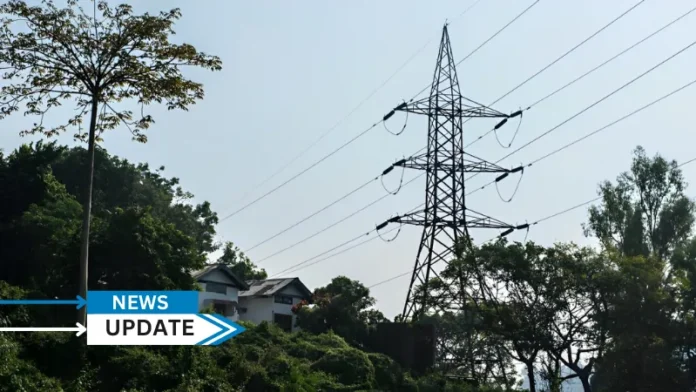
The Asian Development Bank (ADB) has approved a $241.3 million loan to improve power supply distribution in West Bengal, India. This will enhance people’s quality of life by ensuring access to reliable, quality, and sustainable power.
Read also – HALA Payments Joins Saudi Unicorns Programme
The program will raise the operational efficiency of the West Bengal State Electricity Distribution Company Limited by building its capacity on asset and financial management, promotion and introduction of renewable energy, tariff rationalization, and gender equity and social inclusion.
Read also – Gupshup Launches in Saudi Arabia, Bringing Advanced Conversational AI Solutions to the Kingdom
“This ADB program is aligned with the government’s Revamped Distribution Sector Scheme, which aims to strengthen the operational efficiency of power distribution companies,” said ADB Principal Energy Specialist Roka Sanda. “Reliable and sustainable electricity distribution and service is essential to West Bengal’s growth and development.”
The West Bengal Distribution System Strengthening Program will improve electricity distribution for 8.96 million consumers in seven districts in West Bengal. The program will replace low-tension overhead lines with aerial bundled cables, separate electricity feeders for agriculture and non-agriculture users, and develop an integrated information and operation management system for power supply quality, performance monitoring, and corporate financial management.
ADB will help update relevant safety policies and manuals while supplying health and safety equipment such as first aid kits and personal protective equipment. The program will contribute to awareness-building in communities, particularly on electrical safety, and train district technical and engineering staff on behavioral safety.
ADB is committed to achieving a prosperous, inclusive, resilient, and sustainable Asia and the Pacific while sustaining its efforts to eradicate extreme poverty. Established in 1966, it is owned by 69 members, 49 of whom are from the region.
About West Bengal Distribution System Strengthening Program
The RDSS program is the overall government program for the proposed result-based lending (RBL) program. In 2022, the Government of India and the Government of West Bengal approved the RDSS program for WBSEDCL with a financial outlay of
197.39 billion for an implementation between 2022 and 2026. The RDSS program is aligned with the Government of West Bengal’s priority to improve the quality and reliability of electricity supply and achieve financial sustainability of WBSEDCL while meeting a growing power demand.
Upon successful completion of the RDSS program by 2026, WBSEDCL aims to (i) eliminate the ACS-ARR gap (on a subsidy receipt basis), (ii) reduce SAIFI to 130.0 interruptions per customer, and (iii) reduce AT&C loss to 12.11%, which will result in 4,700 gigawatt-hour of annual electricity savings, thereby avoiding 3.36 million tons of annual GHG emission.
About Asian Development Bank (ADB)
ADB’s vision is to achieve a prosperous, inclusive, resilient, and sustainable Asia and Pacific while sustaining its efforts to eradicate extreme poverty. Despite the region’s many successes, one in three people still lives under $3.20 daily— 1.24 billion people. ADB will continue to prioritize the region’s poorest and most vulnerable countries.
Established in 1966, ADB is owned by 68 members, including 48 from the region. Its main instruments for helping its developing member countries are policy dialogue, loans, equity investments, guarantees, grants, and technical assistance.





